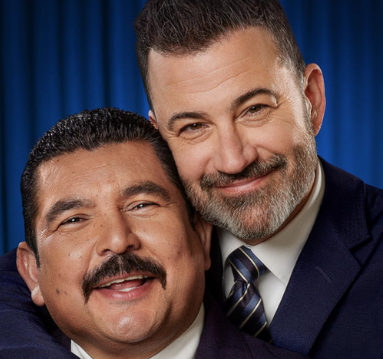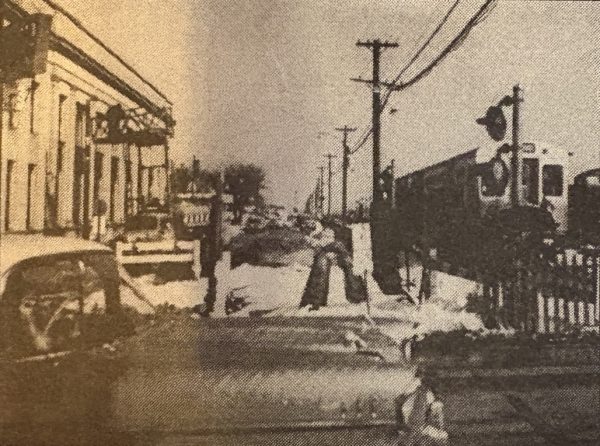Don’t let breast cancer awareness end in November
As Breast Cancer Awareness Month ends, high schoolers will hopefully begin to understand how the disease can impact them. While the majority of breast cancer patients are over 50, taking preventative action at a young age will be a huge favor for your future self. Our bodies will not be indestructible forever, and what you do today can create a better tomorrow. Breast cancer is just one good example of how we can develop good habits that will help prevent health issues in our futures.
So what is breast cancer? Like all cancers, breast cancer involves the overgrowth of cancerous cells, forming tumors in the breast. Ductal cancers are the most common, and they affect the milk ducts in the breast. Also common are lobular cancers, located in the milk-producing glands.
Lindsay Avner, founder and CEO of nonprofit “Bright
Pink,” is a “previvor” of breast cancer, meaning she found out she was at very high risk for the cancer so she had surgery to remove her breasts before the cancer could develop. Her experience led her to create her “Bright Pink,” which is devoted to educating women about prevention and early detection of breast and ovarian cancer.
When it comes to ensuring women proactively check their breast health, Avner underscores the importance of developing healthy habits early on. “You can’t teach an old dog new tricks,” Avner said.First, “it’s important to build a relationship with a nurse or doctor you trust” so you can talk openly about personal risk factors and communicate any concerns or changes in your body.
There are two types of risk factors. Lifestyle risk factors, which arise from the choices one makes, and unchangeable risk factors which are genetic. According to the American Cancer Society, lifestyle risks include drinking alcohol, being overweight, and not being physically active. Unchangeable risk factors include being high risk because of your family history, being female, and inheriting a gene mutation.
Your family history is one of the most important things to understand and is one of most significant indicators of breast cancer risk.
However, educating yourself on your personal unavoidable risk-factors can reduce that risk. Someone who knows they are more susceptible to the cancer because it runs in the family is more likely to be diagnosed at an earlier stage, which increases the possibility of remission.
Youth is the time to start understanding your risk factors, and making changes to the ones you can. It may be uncomfortable, but talking to people in your life and reminding them to stay informed and develop good health habits is important. It’s the small things you do now that will make a big difference later.
Stay in the know and keep reminding yourself by following @bebrightpink on Instagram.






Chris Benninghoff • Oct 30, 2020 at 2:34 pm
Thanks Isabel, for this potentially life-saving information that women can’t be reminded of too often.
I hope that young women, in particular, will avail themselves of the help Bright Pink offers to live healthier.